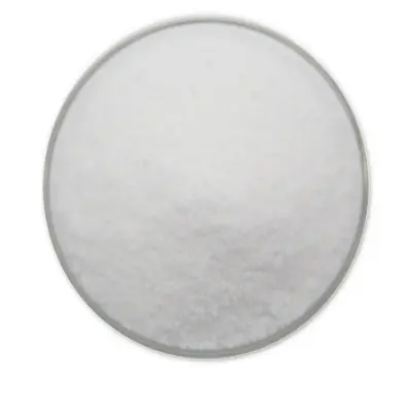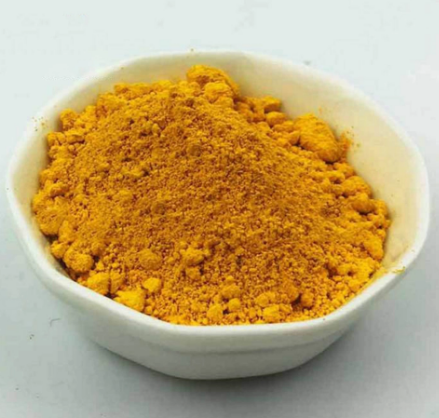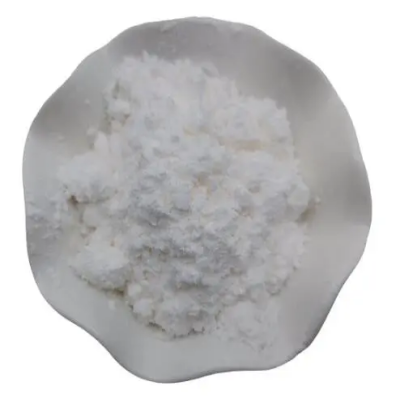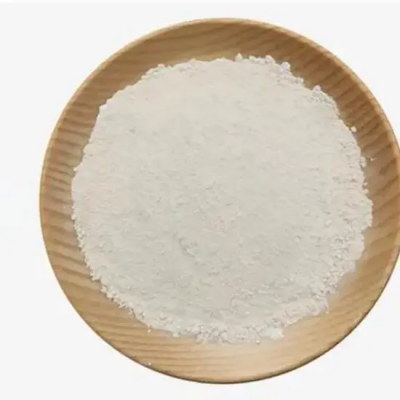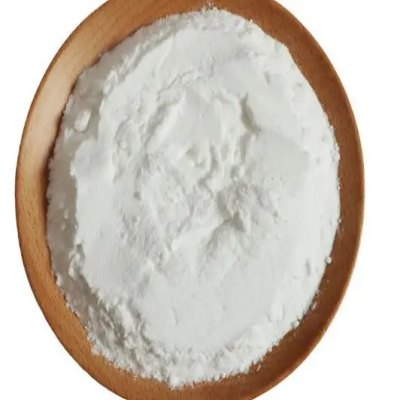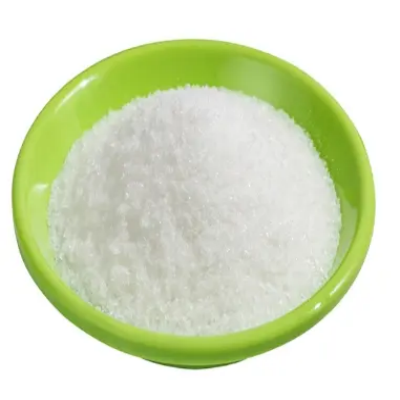N-Acetyl-L-leucine CAS:1188-21-2
N-Acetyl-L-leucine finds extensive use in peptide chemistry and drug development, serving as a critical component for the synthesis of peptides and modified amino acid derivatives. Researchers and chemists utilize this compound to introduce specific modifications or structural variations into peptide sequences, enabling the development of novel bioactive compounds and therapeutic peptides targeting receptors, enzymes, or transporters in biological systems. Moreover, N-Acetyl-L-leucine is employed in pharmaceutical research and development, where its biological relevance contributes to the synthesis of potential drug candidates and pharmaceutical intermediates. Its role in elucidating cellular pathways and metabolic processes contributes to understanding the functions of leucine in biological systems and their potential implications in health and disease. Furthermore, N-Acetyl-L-leucine serves as a valuable building block for the synthesis of customized peptides, pharmaceutical intermediates, and biochemical probes. Its chemical properties and stability make it indispensable for researchers and chemists in developing novel compounds, investigating drug candidates, and exploring the diverse applications of leucine derivatives in drug discovery and biochemical studies. In summary, N-Acetyl-L-leucine plays a pivotal role in advancing scientific research, pharmaceutical development, and contributing to the development of pharmaceutical agents, offering a versatile tool to explore the diverse applications of leucine derivatives in peptide synthesis, drug discovery, and biochemical investigations.



| Composition | C8H15NO3 |
| Assay | 99% |
| Appearance | white powder |
| CAS No. | 1188-21-2 |
| Packing | Small and bulk |
| Shelf Life | 2 years |
| Storage | Store in cool and dry area |
| Certification | ISO. |


